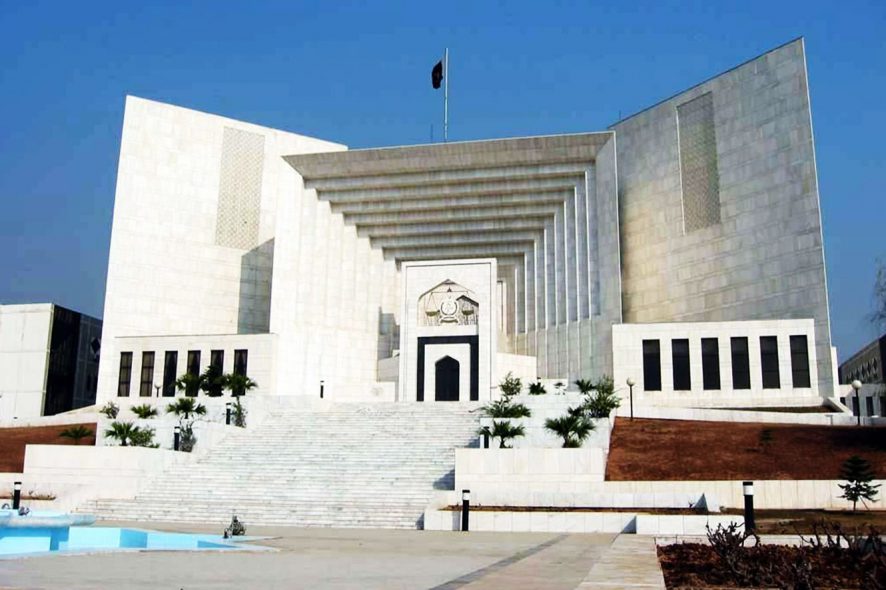“Any effort to muffle disagreement or to silence dissent or to dampen an alternative viewpoint of a member on the Bench, would shake the foundations of a free and impartial justice system, thereby eroding the public confidence on which the entire edifice of judicature stands.”
Supreme Court of Pakistan: In perhaps a first for Pakistan judicial system, Syed Mansoor Ali Shah, J., in the presence of Mian Saqib Nisar, HCJ and Qazi Faez Isa, J., refused to sign orders passed by a reconstituted special Bench of which Nisar, CJ and he was a member, admitting that his sitting on the reconstituted Bench was a mistake.
Background of the matter was that a Special Bench comprising Nisar, Shah and Isa, JJ. was hearing a human rights case pertaining to disposal of infectious wastes in the province of Khyber Pakhtunwala. However, when Isa, J. inquired from the counsel as to how the case had been initiated by the Human Rights Cell under Article 184(3) of the Constitution of Pakistan which matter to be of ‘public importance’ and related to ‘fundamental rights’; Nisar, CJ abruptly reconstituted the Bench in open court unceremoniously ousting Isa, J. from the Bench.
Since the Chief Justice due to retire on 17-01-2019, afforded no explanation regarding reconstitution of Bench, therefore, feeling constitutionally obliged, Shah, J. delivered the present judgment on the legal scope of reconstitution of Benches under the Supreme Court Rules, 1980
He opined that the Chief Justice has administrative power to constitute Benches under Order XI of the Supreme Court Rules, 1980. However, once the Bench is constituted, cause list is issued and the Bench starts hearing the cases, the matter regarding the constitution of the Bench goes outside the pale of administrative powers of the Chief Justice and rest on the judicial side, with the Bench. The Bench may be reconstituted in cases of recusal, or if one of the judicial members is ill or not available, or in cases where the same is against the Rules. In such eventualities, the Bench passes an order to place the matter before the Chief Justice to nominate a new Bench.
Once a Bench has been constituted, cause list issued and the Bench assembles for hearing cases, the Chief Justice cannot reconstitute the bench, except in the manner discussed above. In the absence of a recusal by a member of the Bench, any amount of disagreement amongst the members of the Bench, on an issue before them, cannot form a valid ground for reconstitution of the Bench.
In view of the above, it was directed that the cases heard by reconstituted Bench be put up for rehearing before an appropriate Bench to be constituted by the Chief Justice.[Disposal of infectious wastes in the Province of KPK, In Re, 2019 SCC OnLine Pak SC 1, decided on 01-01-2019]






